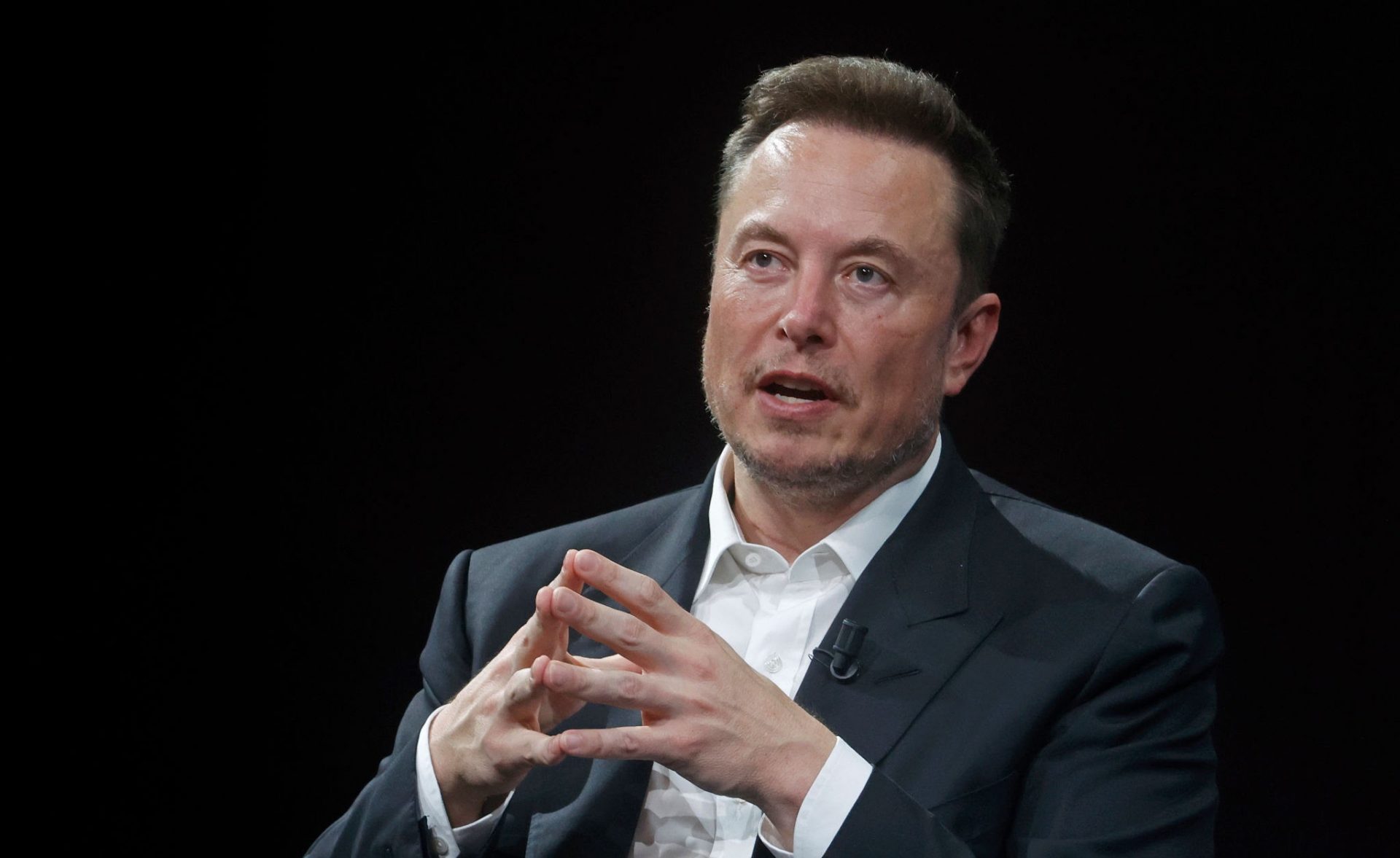In the previous year, entrepreneur Elon Musk chose to keep Starlink satellites in the Crimea area deactivated during an incident involving Ukrainian ships near Sevastopol, where the Russians maintain a naval base. He publicly confirmed this decision on the X network, where he provided his rationale. Musk explained that, in his view, the Ukrainian intent was to incapacitate a significant portion of the Black Sea Fleet. The attack ultimately faltered due to the satellites being powered down.
According to the book by Walter Isaacson, “Elon Musk,” as reported by CNN, armed underwater drones or unmanned boats had already approached the target when they “lost communication and were washed ashore without causing damage.”
Musk, drawing a historical parallel to the Japanese attack on Hawaii in December 1941, expressed his concern about a potential “mini-Pearl Harbor” scenario, an escalation of the conflict, and the risk of Russia resorting to nuclear weaponry.
Reportedly, Mykhailo Fedorov, one of Ukraine’s deputy prime ministers, reached out to Musk, requesting the activation of the network. Musk declined the request, asserting that Ukraine had “crossed a line” by advocating for the “strategic defeat” of Russia.
In response to media coverage of these book excerpts, Musk defended his past actions in a statement on the X network, addressing the urgent request from unspecified “government authorities” to activate Starlink to Sevastopol. He argued that complying with this request would have made SpaceX complicit in a significant war effort and a potential escalation of the conflict. The identity of these “government authorities” remained ambiguous, leaving uncertainty as to whether Musk referred to Ukrainian or U.S. authorities.
Musk refuted claims that Starlink had been deactivated in the area during the attack, stating, “Starlink was not active in the mentioned regions. SpaceX did not deactivate anything.”
Furthermore, Musk reiterated his anti-war stance, emphasizing the tragic loss of young lives on both the Ukrainian and Russian sides. He questioned the value of this loss, given that territorial boundaries remained largely unchanged. Musk advocated for a ceasefire, a step neither side had taken, as the Russians resisted relinquishing seized Ukrainian territories, and Ukrainians feared that a ceasefire would grant the occupiers time to reinforce their positions.
Criticism of Musk’s decision came from Mykhailo Podolyak, an adviser to the Ukrainian president, who argued that by preventing Ukrainian drones from neutralizing a portion of the Russian military fleet, Musk inadvertently allowed that fleet to launch missile attacks on Ukrainian cities, resulting in civilian casualties, including children. Podolyak questioned the motives of those who defended war criminals and their destructive intentions.
Although the book did not specify the timing of the alleged attack, Ukraine had previously launched unmanned boat attacks on Sevastopol in September and October, with footage showing at least one such boat ending up on the shore near the pier without causing damage. The first known major attack took place on September 29.
Source: novinky.cz


















